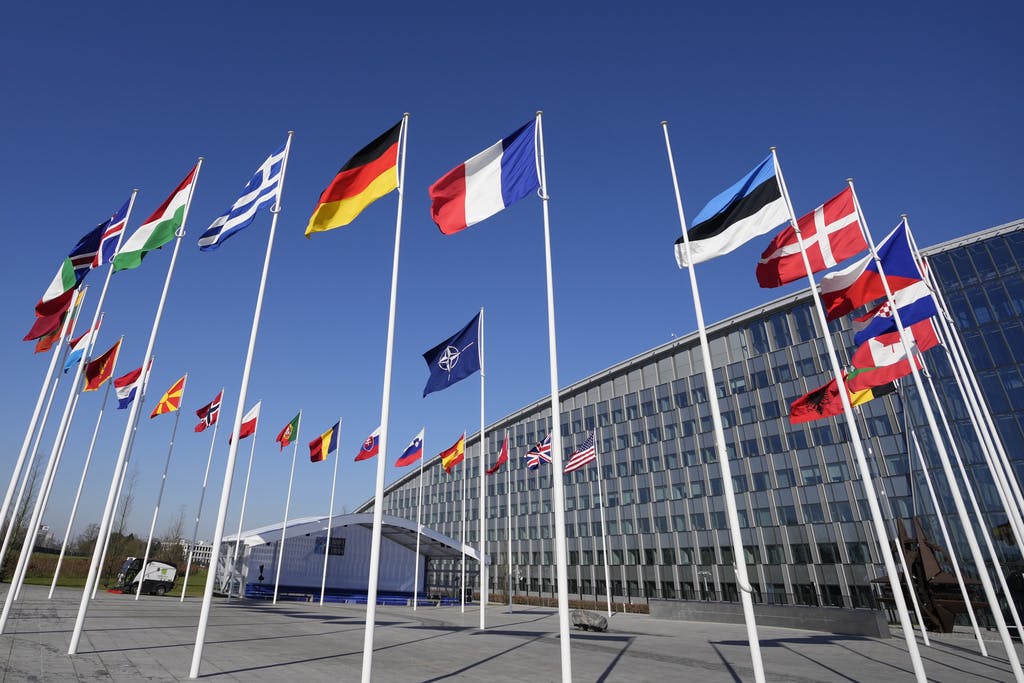
Economical Horror Indie ‘The Arborist’ Outshines Ryan Coogler’s ‘Sinners,’ in Many Respects
By MARIO NAVES
|Finland is set to officially become NATO’s 31st member.

Already have a subscription? Sign in to continue reading

By MARIO NAVES
|
By LUKE FUNK
|
$0.01/day for 60 days
Cancel anytime
By continuing you agree to our Privacy Policy and Terms of Service.
By MARIE POHL
|